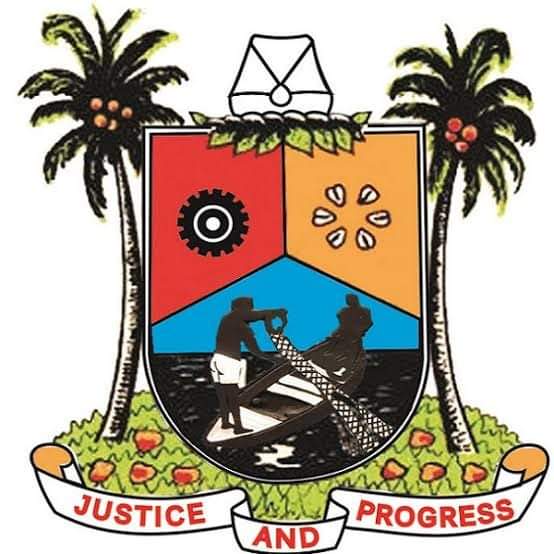
The Lagos state house of assembly on Thursday passed into law an emergency bill to help the state combat coronavirus.
Of the 51 confirmed cases of the virus in Nigeria, the state has the highest number, 32.
On Thursday, the state lawmakers passed the “Emergency Coronavirus Pandemic Bill 2020” personally sponsored by Mudashiru Obasa, the speaker, into law.
It affords Babajide Sanwo-Olu, the governor, the legislative concurrence to spend an initial N20 billion to effectively contain the virus and enforce compliance by Lagosians.
The bill was presented on the floor of the chamber by Noheem Adams, deputy majority leader, after which it scaled the first and second readings and was passed to the committee on health for further deliberation.
The bill was later laid before the house by Hakeem Sokunle, chairman of the committee on health, after which it scaled the third reading.
The bill gives the governor the opportunity to make recourse back to the house before any regulations.
The bill also stipulates a fine of N100,000 for defaulters, one month imprisonment in the correctional centre or three months community service.
Where the offence is not spelt out, it attracts N200,000 and also allows the leadership of the various arms of government to structure their own restriction format.
Section 8 of the bill makes provision for the coronavirus Trust Fund.
The bill further empowers the governor to declare a state of emergency of up to three months if the situation requires so.
Speaking on the bill, Adedamola Kasunmu (Ikeja constituency 2), said it was important to alleviate the impact of the virus on the economy of Lagos, especially since the bill would enable the executive to expend necessary funds to contain the virus by providing adequate facilities in the state owned hospitals.
On his part, Gbolahan Yishawu (Eti-Osa 2), said: “We urge Lagosians to bear with us. Pandemics are not new but the way government and people react to it matters 150 states in the world.
“Lagos recorded the first case,so they should look at the possibility to broaden it to capture much more.”
Contributing, Obasa said the contingency plan in the budget cannot sort out the current issue.
“Government needs be seen doing something, making effective pronouncements. The governor can make recourse back to the House if need be. If the budget procedure takes much time that can’t suffice, the kick off fund will help,” he said.













